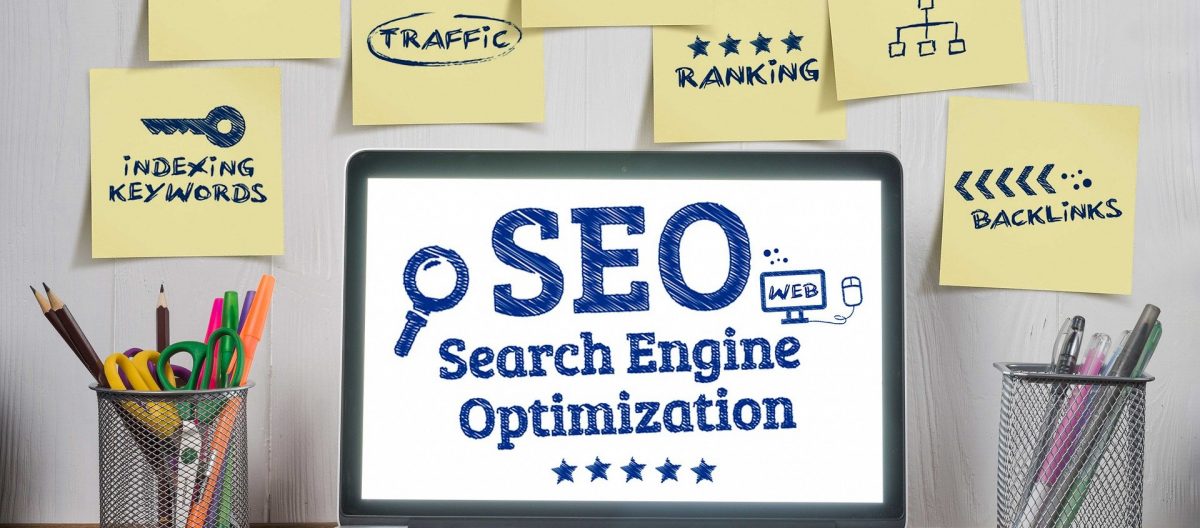Yelp is the Yellow Pages of the future; no more are phone numbers and Web addresses the only information available on the move, now a wealth of contact information, customer reviews, maps and more are just a click or tap or two away!
“So, Yelp’s not new!” you say? “Why should I start to care now?” Yelp had around 71 million unique visits per month in the first quarter of 2012 and that’s set only to increase with Apple’s adoption and deep iOS6 integration of Yelp’s service. Bing too, where local queries accounted for 12% of the total search volume in the U.S. this year, has integrated Yelp into their U.S. local search results.
Apple, who has smartphones in the hands of 180 million consumers worldwide are tightly building Yelp and its data into their apps, such as their recently announced maps software. Siri too, talks to Yelp to provide contact details, directions and reviews without even taping a touchscreen. Apple is set to catapult Yelp as a brand, with the release of iOS6; where their logo is predominantly placed throughout apps that feature Yelp’s services – soon Yelp could be as great a synonym for local search as Google.
“How can I optimise for this, then?” I hear! Unfortunately no amount of Microdata or Microformats will rescue your local or Yelp results and get you appearing in Apple’s apps or Bing — you must claim your business listing by signing up, for free. You could add a widget to your Web site however, particularly if you have several great reviews, as seeing ratings from reputable sites like Yelp can help instil confidence in your visitors and, hopefully, increase your conversions.
“I’ve claimed my business listing, where do I begin?” By responding to reviews! Particularly poor ones, though I’d recommend you take a deep breath before you dive in! Bad reviews could ruin a business’ reputation and some small outfits have criticised Yelp as a sham after customers left criticising comments; unfortunately for those few it’s here to stay. You are able to privately, or publicly respond to reviews in an attempt to rescue these situations, however, I’d recommend doing so publically, and then other searchers can see you’re actively trying to rectify any problems.
Encourage new reviews too, and incorporate this into your offline strategy, as these can take priority, increase your overall score and eventually start pushing down poor reviews. Online, you can advertise on Yelp, which adds your listing to the profile pages of nearby competitors, searchers will see your listing promoted in Yelp’s results and competitor ads are removed from your own profile too.
As local search volume increases and consumers demand more from their mobiles — directions, maps and reviews — it’s becoming imperative for businesses owners to not only market themselves, but manage their reputation on popular review sites such as Yelp.


